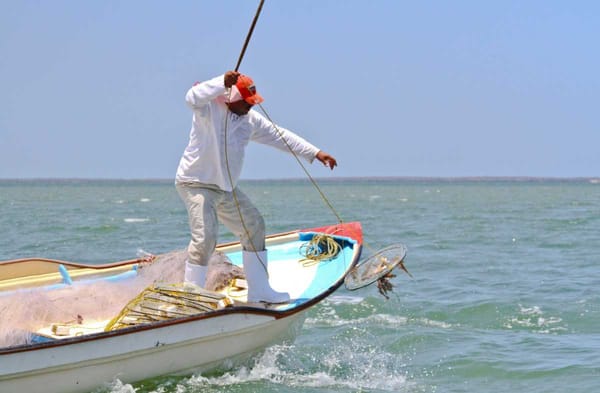Yareli Acevedo Mendoza's Bronze Triumph in Hong Kong
Mexican cyclist Yareli Acevedo Mendoza surprises with a bronze medal in the Hong Kong Nations Cup. The Mexican team shows grit, facing tough competition and setbacks with determination for future victories.

The velodrome is a curious beast. A tilted bowl of Siberian pine, it gleams in the spotlight like an ancient, impossibly smooth relic. It hums with a subtle energy, the barely-heard whine of high-tension spokes and taut, oiled chains. This is a temple of speed, a contained crucible where the very laws of physics seem to bend. And somewhere in the heart of it, there's Yareli Acevedo Mendoza.
The call to the Nations Cup in Hong Kong isn't your average bike race. It's a meeting of the best, a global summit of cyclists who live in the rarified realm where seconds become slivers, and where the difference between victory and also-ran status is measured in fractions thinner than a whisper.
Yareli, a compact storm on wheels, knows this world well. Born and raised in Mexico City, her lungs are filled with the raucous energy of her hometown. Yet, something about this Hong Kong velodrome, with its swirling lights, feels different. Perhaps it’s the distance, or the fact that her competition includes names whispered in hushed tones by cycling commentators worldwide: Japan's Kajihara, Norway's Stenberg…women who don't race, they unleash.
The elimination race is a monster of its own. It's chess on wheels, with a side dose of calculated chaos. Every other lap, the last-placed rider is out. It's not just about raw power, but tactics, that uncanny ability to read the swarm of colorful jerseys swirling around you like angry hornets. Yareli knows she has a fighter's heart, but those Japanese and Scandinavian teams are notorious for their cutthroat teamwork.
And yet, there she is. The swarm thins, riders peeling off like husks. There's sweat in her eyes, a burn in her thighs that feels suspiciously close to joy. This is the pain she craves, the proof that she's alive. Then, the bell. That final lap, a desperate explosion of energy, and then…bronze.
It hangs there, a heavy, unexpected joy. Kajihara and Stenberg eye her with something akin to curiosity. Yareli grins back, her eyes a little wild. Surprise can be a weapon too. She's already thinking of the rest of the competition, the madison, the sprints. There are more medals to earn, more moments to carve her name into the velodrome's gleaming surface.
Of course, her teammates are a story in themselves. Jessica Salazar, the whip-smart tactician. Yuli Verdugo, all coiled power and nerves of steel. Those team sprints were a whirlwind, a testament to the raw, unbreakable bond the Mexican women have forged amidst the relentless grind of training. And yes, the disqualification in the team pursuit stings, but they'll regroup. Disappointments fuel future fire.
Ismael Verdugo is her counterpart on the men’s team, a stubborn streak of brilliance battling the odds. Watching him in the keirin, a heart-stopping cyclone of chrome and colored jerseys, she feels a surge of pride, and something fiercer, a shared hunger. They all bear the weight of the flag, they know what kind of sacrifices got them this far.
The Mexican contingent might be small, but they hold their own. The velodrome, the crowds, the swirling, kaleidoscopic blur of the competition – they haven't broken them, they've made them sharper. Every race, every medal, every hard-fought finish line is a message: Mexico is here, and we're just getting started.




Close-up shot of cyclists in action during the elimination race. Focus on the intensity of the competition. Credit: CONADE
Yes, Yareli Acevedo Mendoza, with her bronze medal and her quirky, stubborn grin knows this – they might be the underdogs, the 'ones to watch', but there's a certain thrilling power in defying expectations. The velodrome hums, and somewhere in that relentless music, a new rhythm is being born. It's a Mexican rhythm, filled with resilience, defiance, and the quiet promise of more glory to come.




